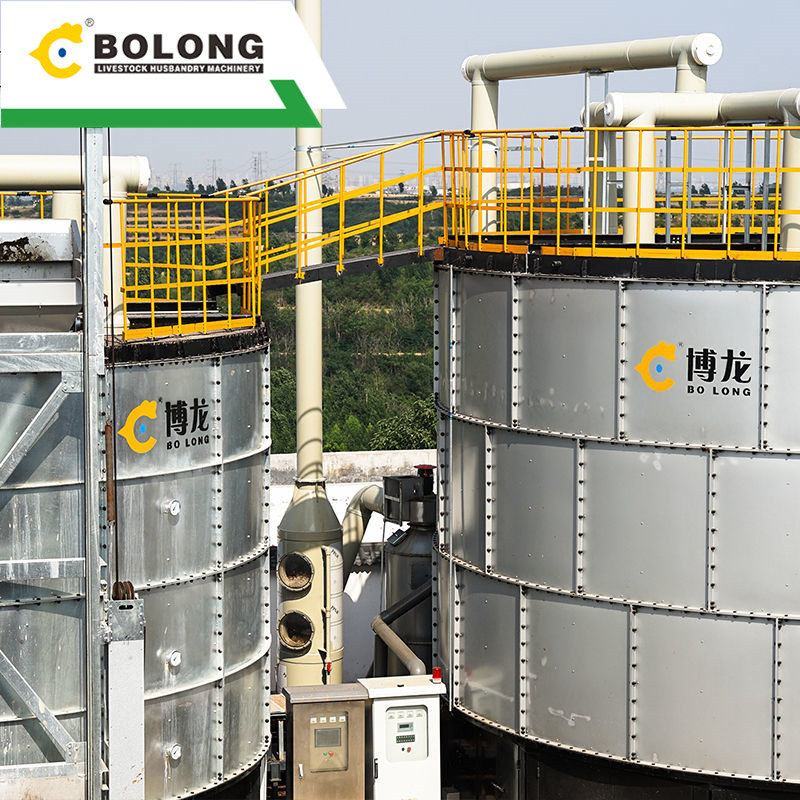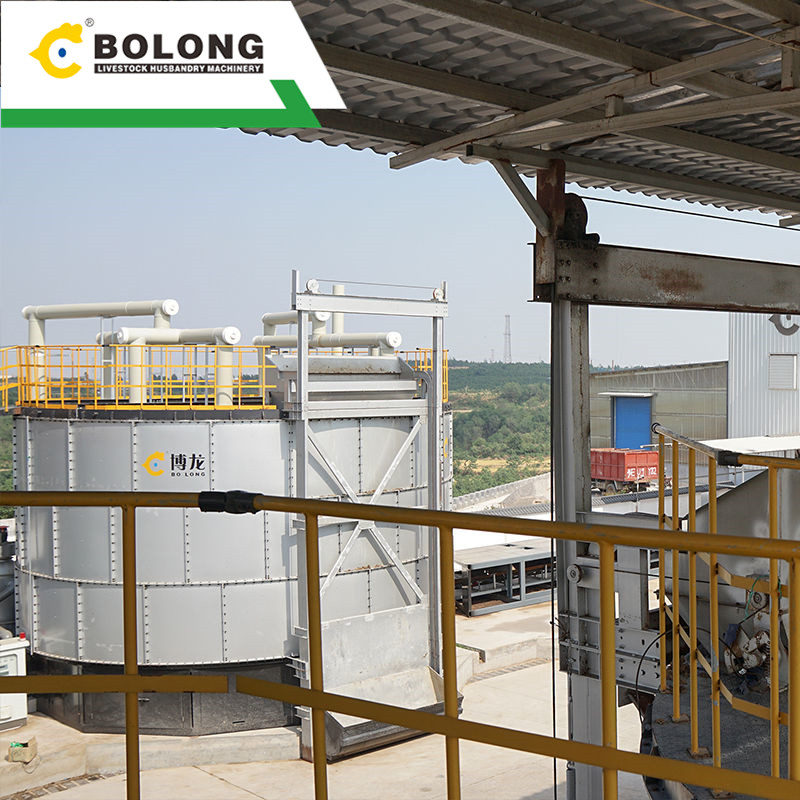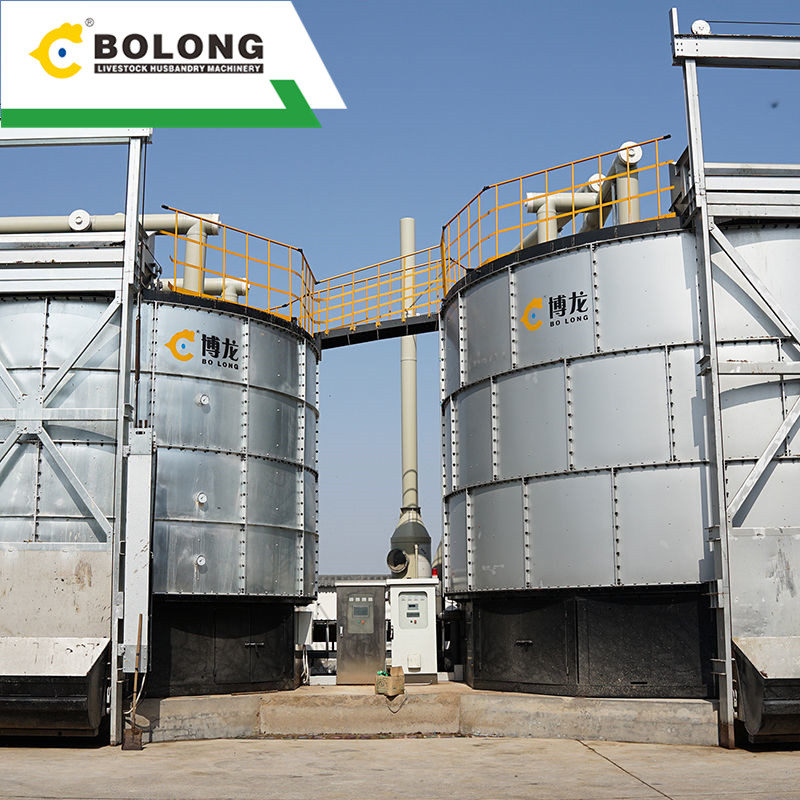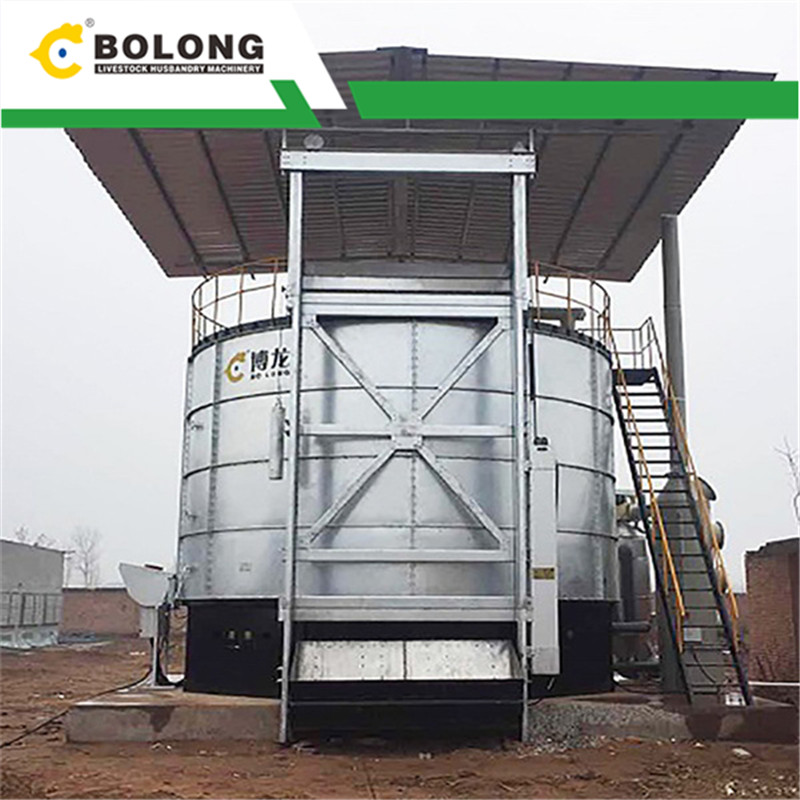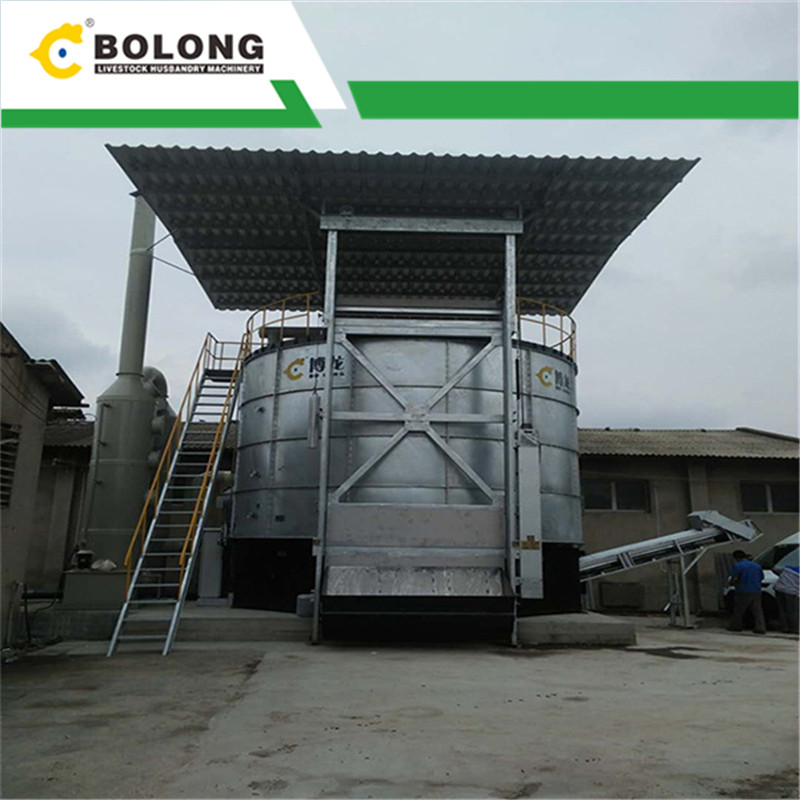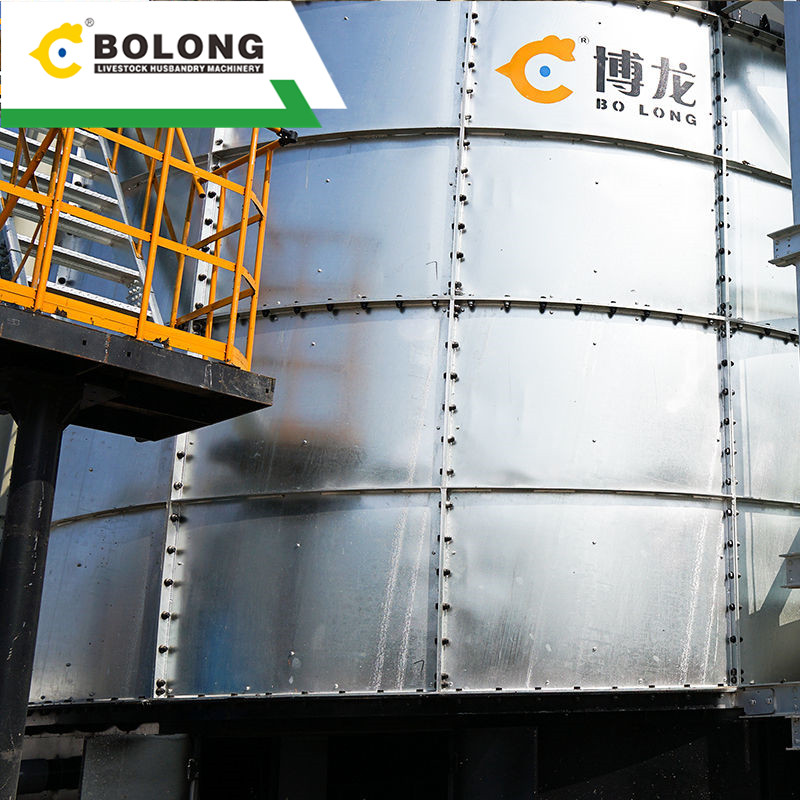Introduction: Soil carbon sequestration is a crucial strategy for mitigating climate change. Livestock fermentation tanks contribute to this process by enhancing soil organic matter. This article explores their role in soil carbon sequestration.
Compost Production: Fermentation tanks produce compost rich in organic carbon, which is applied to soil. This increases soil organic matter, enhancing carbon sequestration.
Soil Health: The compost improves soil structure and microbial activit...
